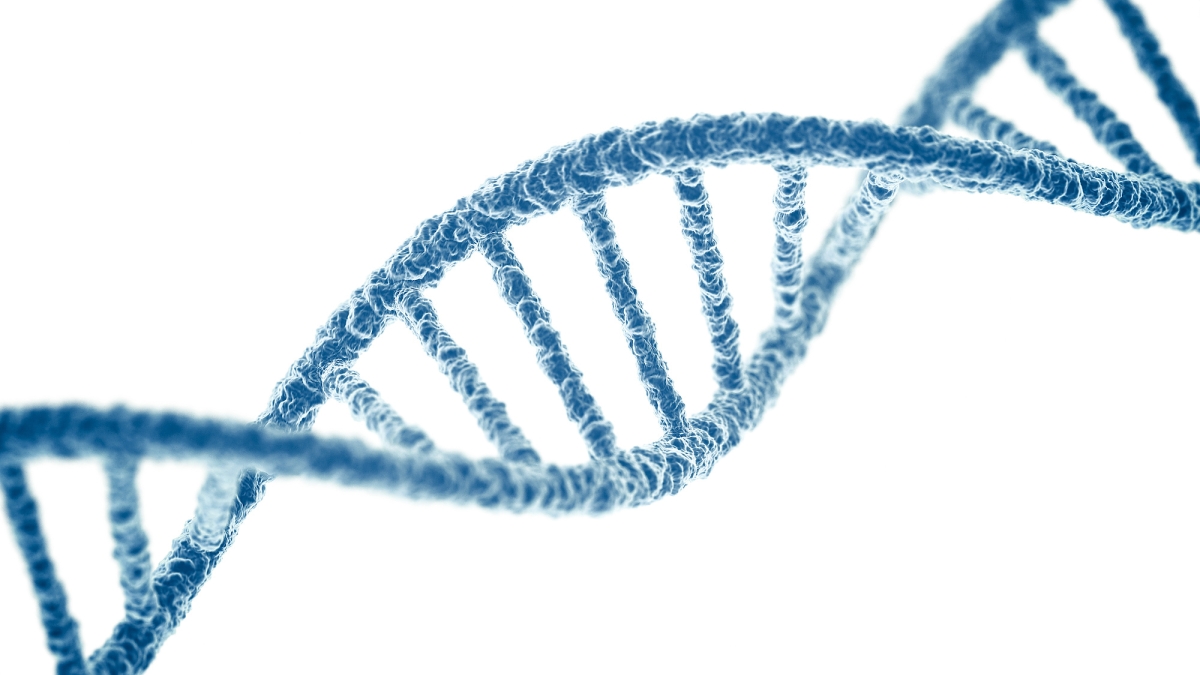At-home DNA test kits are exploding in popularity. So much so that experts expect more than 100 million people’s DNA will be part of commercial databases by the end of 2020. DNA data can reveal so much: a person’s hair color, susceptibility to disease, life expectancy, connections to ancestors and more.
To better understand DNA — and what this trove of information means for medicine, criminal justice and cybersecurity — ASU Now partnered with Ask A Biologist, one of the longest-running biology websites dedicated to teaching learners of all ages about the living world.
Video by Ask a Biologist
Glossary of terms
DNA: All of your genes are made of DNA, or deoxyribonucleic acid. DNA lives in the nucleus of your cells, and it is an instruction manual that tells your body how to develop and how to work.
RNA: Ribonucleic acid, or RNA, partners with DNA and works as a messenger to share DNA instructions with cells in your body.
Genetic: Having to do with how genes are passed down from parent to offspring.
Genome: A genome is all the genetic information of a living thing.
Nucleus: Where DNA stays in the cell; plural is nuclei.
Organism: A living thing that can be small like bacteria or large like an elephant.
CRISPR: Stands for Clustered Regularly Interspaced Short Palindromic Repeats. CRISPR is a gene editing tool that can remove or replace sections of a DNA strand.
Cas9: An enzyme used in CRISPR gene editing. The enzyme acts like a pair of scissors, slicing DNA.
>>LEARN MORE: Go even more in-depth with the Ask A Biologist tutorial on gene editing and CRISPR.
More stories in this series
- The future of DNA is unfolding now
- DNA enters legal maze with potential to solve — and create — privacy problems
- How criminal justice is evolving with DNA
- Proofreading the book of life: Gene editing made safer
- Anthropology meets genetics to tell our collective story
Top image: 3D rendering of a DNA double helix courtesy of Getty Images/iStockphoto
More Science and technology

Stuck at the airport and we love it #not
Airports don’t bring out the best in people.Ten years ago, Ashwin Rajadesingan was traveling and had that thought. Today, he is an assistant professor at the University of Texas at Austin, but back…

ASU in position to accelerate collaboration between space, semiconductor industries
More than 200 academic, business and government leaders in the space industry converged in Tempe March 19–20 for the third annual Arizona Space Summit, a statewide effort designed to elevate…

A spectacular celestial event: Nova explosion in Northern Crown constellation expected within 18 months
Within the next year to 18 months, stargazers around the world will witness a dazzling celestial event as a “new” star appears in the constellation Corona Borealis, also known as the Northern Crown.…


